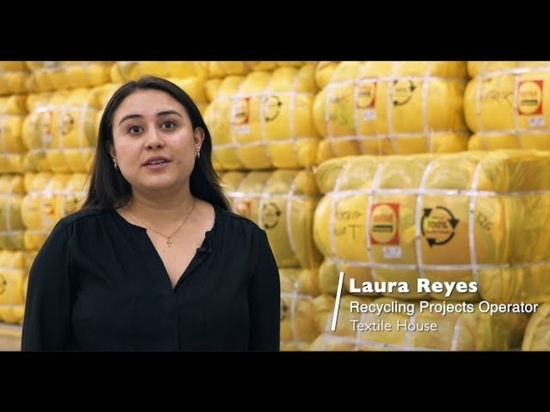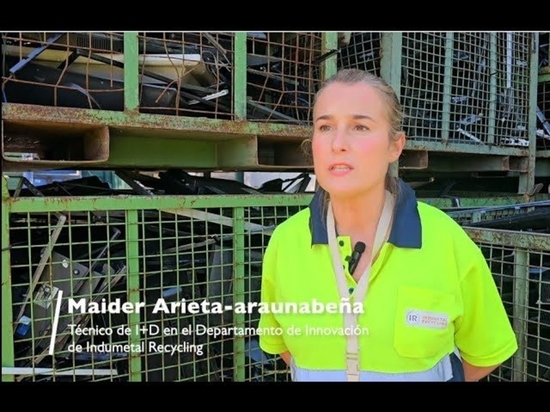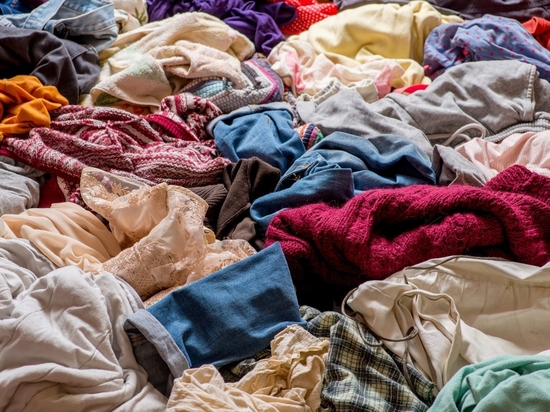
#Industry News
The recycling industry in the face of the EU right to repair regulation
The recycling industry in the face of the EU right to repair regulation
The recycling industry in the face of the EU right to repair regulation
Buy, use, throw away and buy again. This way of proceeding, which is harmful to our pockets and, above all, to the environment, has its days numbered. Because both citizens and companies are becoming aware of the problem, knowing that we must contribute to a greater circularity of our economy by going beyond recycling. An important step in this direction was taken last April 24 by the Parliament and the Council of the European Union, which took the last step in the legislative process to approve a directive promoting the repair of broken or defective goods, instead of their replacement.
Published on June 13 in the Official Journal of the European Union, this legal text, known as the right to redress directive (R2R, Right to Repair), will significantly reduce our waste. It should be recalled that it was the Commission that in March 2023 presented the legislative proposal, in the framework of the New Consumer Agenda and the Circular Economy Action Plan.
How will this directive achieve its objectives? First, it will incentivize manufacturers to make their goods more durable – by moving away from manufacturing with planned obsolescence – and to make them repairable, reusable and recyclable. In this way, it is proposed to ensure that companies provide cost-effective repair services – more accessible, transparent, cheaper and faster – and inform consumers of their rights, so that we are not forced to pay for a new product when the one we had is defective or breaks down. Because until now, and in many cases, the repair was so expensive or so difficult that it was cheaper to buy a new product and take the damaged one to the clean point.
Repair will be more attractive to consumers because the directive contains a set of tools and incentives. In addition to imposing a duty on manufacturers to fix products that are technically repairable, it obliges them to make available to consumers a voluntary repair form with clear information on the repair process (deadlines, prices, etc.). The Directive also provides for the creation of a European online platform where consumers can easily find repair services. In addition, it provides for the extension of the legal warranty to 12 months if consumers opt for repair instead of replacement.
The Right to Repair Directive complements other recent legislation that also promotes EU manufacturing of repairable products. In particular, to the Regulation on eco-design of sustainable products and to a regulation whose purpose is to enable consumers to make better informed purchasing decisions at the point of sale: the Directive on the Equipping consumers for the green transition.
Opportunities for the recycling sector
In order to adapt to the Right to Repair Directive, organizations operating in the recycling sector will need to invest in innovative technologies such as those offered by PICVISA. In doing so, they will achieve:
Improving efficiency. Advanced technologies can optimize recycling and repair processes, reducing costs and increasing operational efficiency. This is crucial to manage the expected increase in demand for repair services.
Complying with regulations. The directive establishes new standards and requirements that need to be respected. Investing in innovative technologies ensures that public organizations and companies can effectively comply with the regulations and avoid possible sanctions.
Gaining competitiveness. Companies will gain a competitive advantage by adopting new technologies, as they will be able to offer faster, cheaper and high-quality services, including repair services. In this way, they will gain new customers and thus increase their market share.
Increase sustainability. Cutting-edge technologies, such as PICVISA’s, help reduce the environmental impact of recycling and repair operations, aligning with the sustainability objectives of the directive, which also enhances the company’s reputation.
Increased adaptation to market demand. With increased environmental awareness among consumers, there is greater demand for repairable and sustainable products. Companies that invest in innovative technologies for their recycling processes will be better positioned to meet this demand.
In summary,investing in innovative recycling technologies not only helps to comply with the new directive, but also offers significant operational, competitive and environmental benefits. By encouraging more sustainable and responsible consumption and manufacturing, this directive, in addition to facilitating waste reduction, will help create a more favorable environment for the development of the circular economy and promote repair as a more attractive economic activity, potentially leading to new business models and the creation of quality jobs in the EU. Recycling technologies such as PICVISA’s play a key role in the right to repair by reducing the environmental impact. These technologies process and sort large volumes of material with exceptional accuracy, which not only minimizes waste, but also maximizes the recovery of valuable materials that can be reused in product repair, thus promoting a more sustainable life cycle for goods.
Finally, it is important to remember that since its entry into force on July 3, 2009, Member States will have 24 months to transpose this directive into national legislation. At PICVISA we welcome a regulation that looks after the future of planet Earth.





